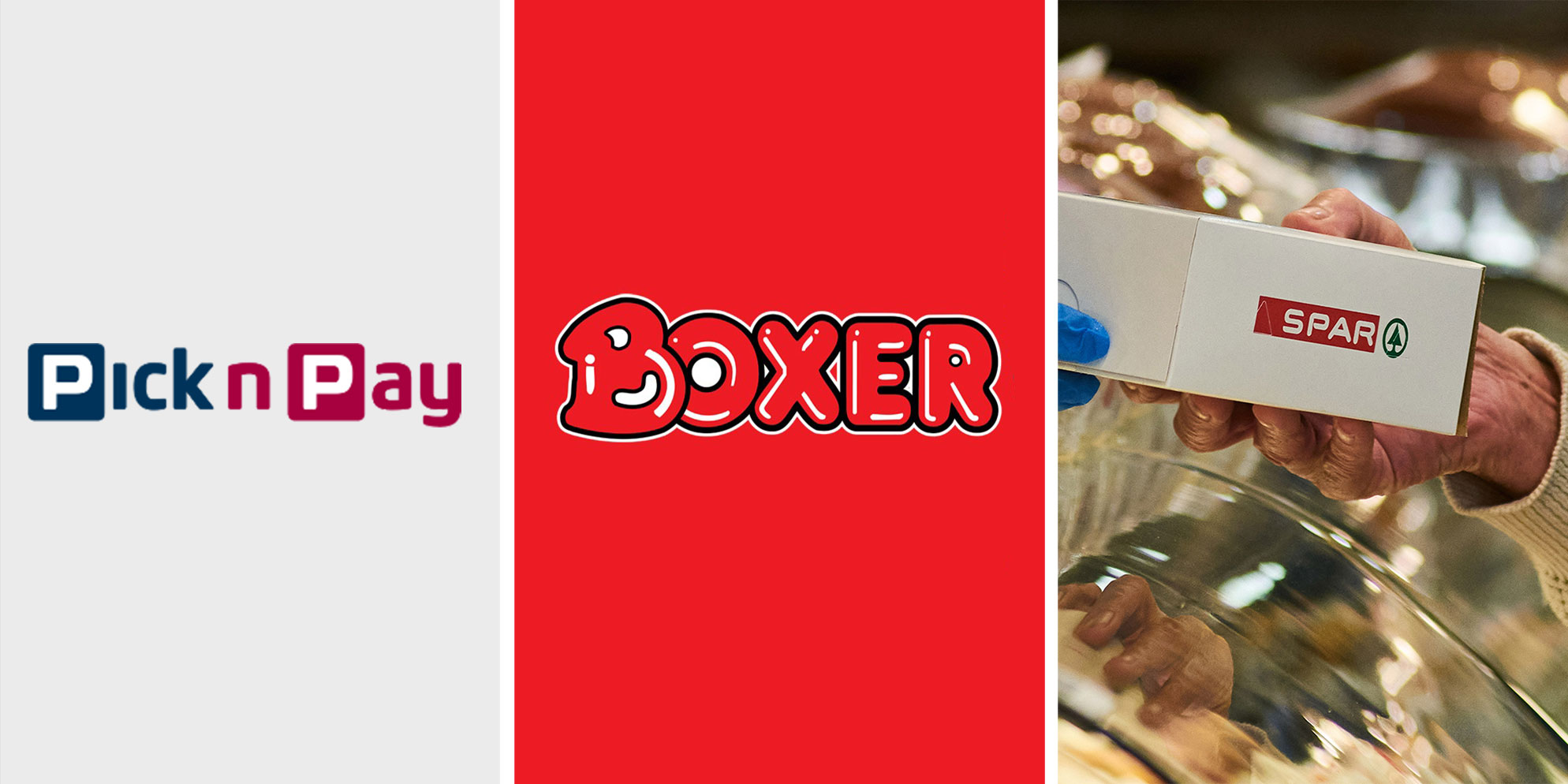There’s a new name in grocery retail on the JSE: Boxer. Things have got off to a strong start for Boxer as a listed company, with a pop in the share price on the first day of trading. The IPO price of R54 looks like a bargain compared with the first-day close of R63.51.
That’s a return of 17.6% for those who got an allocation of shares before things kicked off, leading to exuberance in the local market and a few comments about how this could be a new era for the JSE.
Let’s be serious for a moment: the IPO of Boxer is a result of Pick n Pay’s broken balance sheet and a desperate need to raise capital by selling a piece of the crown jewels.
Pick n Pay had done a good job of keeping Boxer’s true financial power under wraps, mainly because revealing that to the market would have exposed how weak the core Pick n Pay business is.
Reality check aside, Boxer has won the hearts and money of South African investors. In fact, the market cap is now higher than that of Pick n Pay, even though the latter Pay still owns more than 60% of Boxer.
The Pick n Pay share price hardly budged on the day of Boxer’s IPO. The market is showing signs of valuing Pick n Pay’s stake in Boxer at a typical holding company discount. Down the line, this will create opportunities for Pick n Pay to sell down its stake in Boxer and use the proceeds to repurchase its own shares. Of course, it needs to fix the core business first. That’s where the real challenge lies.
Elsewhere in the sector, Shoprite’s share price has gained 8.7% this year, taking the market cap to almost R180-billion. It’s easy to forget just how huge Shoprite is compared with its peers. Of course, it’s been helpful that its peers are all distracted by their own issues.
Pick n Pay has been easy prey, allowing Shoprite to win market share all over the place. Woolworths only cares about high-LSM shoppers, yet this is where Shoprite has made great progress with Checkers.
Woolworths has been dedicating significant management attention to Country Road in Australia (a proper challenge) and even the Fashion Beauty and Home segment locally, which is also a headache. It speaks volumes about the quality of Woolworths Food that it has continued to do well, although it’s had to become more price-competitive to respond to Checkers.
Then we have Spar, which has also managed to score own goals. Spar has released results for the year ended September and there are a number of things at play. The strong rand isn’t helping, as the European results have less of an impact on the local numbers. Having said that, with Poland reporting horrendous losses, I’m not sure the stronger rand is the worst thing.
Spar has to pay someone to carry Poland away. This means R2-billion in additional debt to get the Poland deal across the line. This is what happens when you need to get rid of something that made a loss of R1.27-billion for the year.
Yet there are positive signs. Heps was up 11.1% despite a modest uptick in turnover, with a reduction in debt (despite the Poland facility) helping the numbers.
There are other indications of improvement at Spar, especially as it starts to get past the hangover of the disastrous SAP implementation in KwaZulu-Natal.
One other concern is looming, though: Switzerland. It made a profit of just R84-million and has debt of R2.8-billion. With turnover dropping in local currency owing to the dynamics of the Swiss market, there must be some sleepless nights for the board. DM
This story first appeared in our weekly Daily Maverick 168 newspaper, which is available countrywide for R35.






